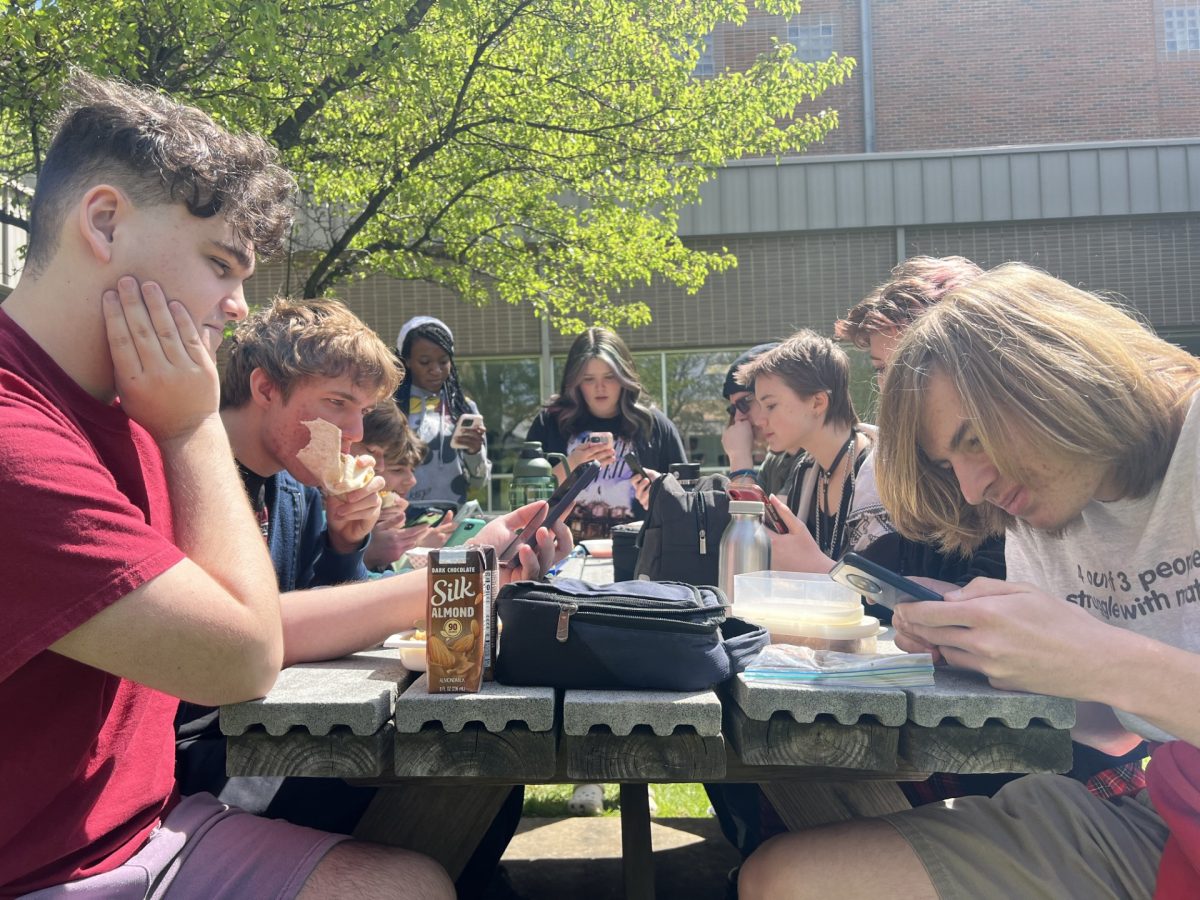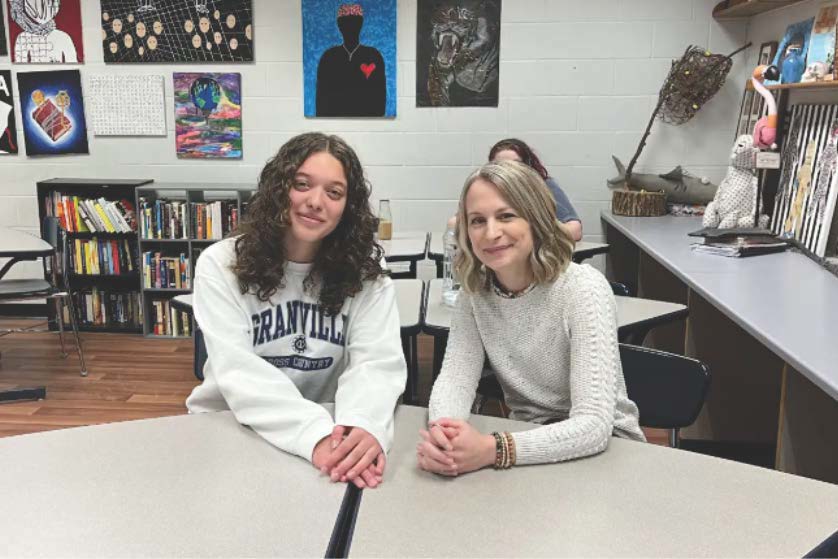BY EMMA NAILLE (’18)
ENTERTAINMENT EDITOR
Participation grades, speeches and group projects all spur a feeling of anxiety in the minds of introverts. Most teachers use a teaching style that is tailored to extroverts, leaving introverts and their strengths out of the picture. The way teachers grade and teach material is often most effective for extroverts and there is even research suggesting “that the vast majority of teachers believe that the ideal student is an extrovert,” according to Susan Cain, author of Quiet, despite the fact that introverts often do very well in school.
Introverts are people who prefer quieter environments and work best in solitude. Extroverts, on the other hand, are energized by being around people and work best with other people and in louder environments. Though it may seem like the world is overrun by extroverts, “one third to one half of Americans are introverts” according to Cain. It is unfair for teachers to cater to one personality type, even favor it, and then ignore the other just for being themselves.
Cain says a lot of teachers favor extroverts by placing desks in clusters so students are facing each other, encouraging constant group work and even “to foster group learning.” For many introverts, this means that their want and need for solitude is often ignored. Through constant group work, introverts are unable to develop their ideas where they do it best: by themselves. This means that not only are the introverts’ learning impaired, but the group’s potential for success is also impeded because it misses out on the insightful ideas an introvert may come up with that extroverts in the group could help develop. Cain calls this type of learning “The New Groupthink” which “insists that creativity and intellectual achievement come from a gregarious place.” In schools, this manifests itself as “small group” learning.
In group discussions, introverts may be engaged and listening, but may receive no credit for a participation grade simply because they did not make themselves heard. It is often difficult for introverts to get a word in because their nature is to be more quiet and reserved while extroverts’ nature is to be assertive and dominant in a conversation. This teaching style “where people’s respect for others is based on their verbal abilities, not their originality or insight” is unfair to introverts who typically do not naturally call attention to themselves. Cain describes it as “an elitism based on something other than merit,” Teachers may argue that discussion skills and group work are important skills to learn, and they are right. However, the ability to develop ideas in solitude and complete work successfully on one’s own is also important.
But it’s not just that group work does not work for introverts, it does not work for anyone. Psychologists say there are three main reasons why brainstorming in a group setting is ineffective. One problem is “social loafing” where some of the group members let all of the others do the work. Another is “production blocking” which means that only one individual can talk at a time, while other group members’ ideas are stopped from being developed as they listen to other ideas. The last issue is “evaluation apprehension” which describes the fear of being judged by one’s peers.
In order to improve introverts’ learning experience, teachers can allow students to work by themselves if they prefer to and make group work more optional. Teachers can also help direct class discussions so that all students may be heard, and can make their students aware of these personality differences so that they too can help each other and understand each other better. Teachers could also offer a more balanced number of assignments between solitary activities like writing and more vocal activities like discussion so that both introverts and extroverts have a chance to show the teacher they know the material. Cain says that in this way students can learn that working with others “can be effective when practiced well and in moderation-but also the time and training they need to deliberately practice on their own.”
By being more aware of introverts and accommodating in their teaching style, teachers can help both introverts and extroverts succeed in their class by actively seeking out “symbiotic introvert-extrovert relationships” so that task are given based on people’s strengths. Teachers should learn about the differing personality types and then to use that information to be more mindful when communicating with those of differing personalities. This also means getting rid of “The New Groupthink” and realizing that group work does not necessarily make the dream work.














































